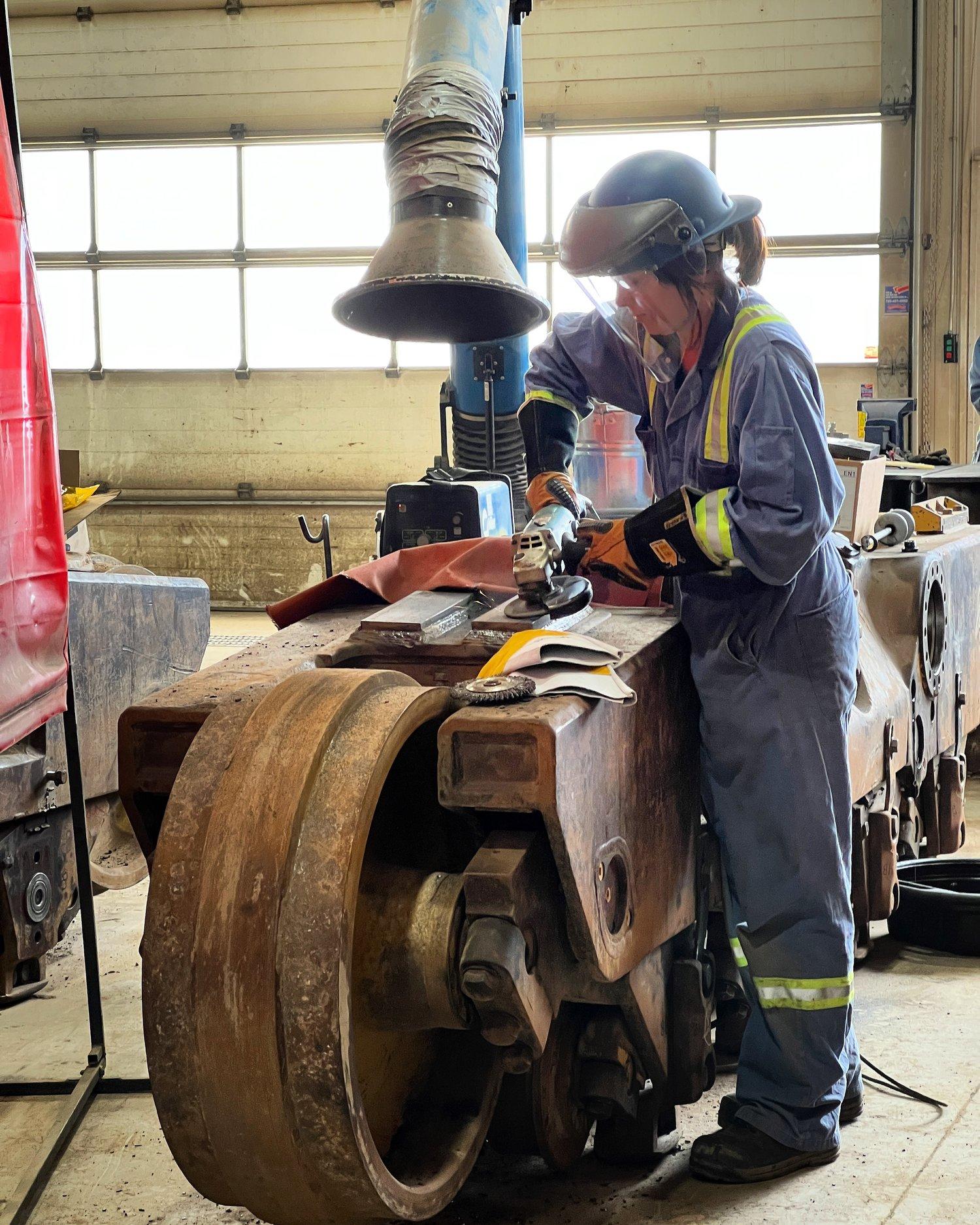Phoenix Bull, who is in her 20's, was trying to get back on her feet, confront self-doubt and learn something new when she applied for an apprenticeship program.
“This is the year I'm going to finally do something for myself,” the trainee said.
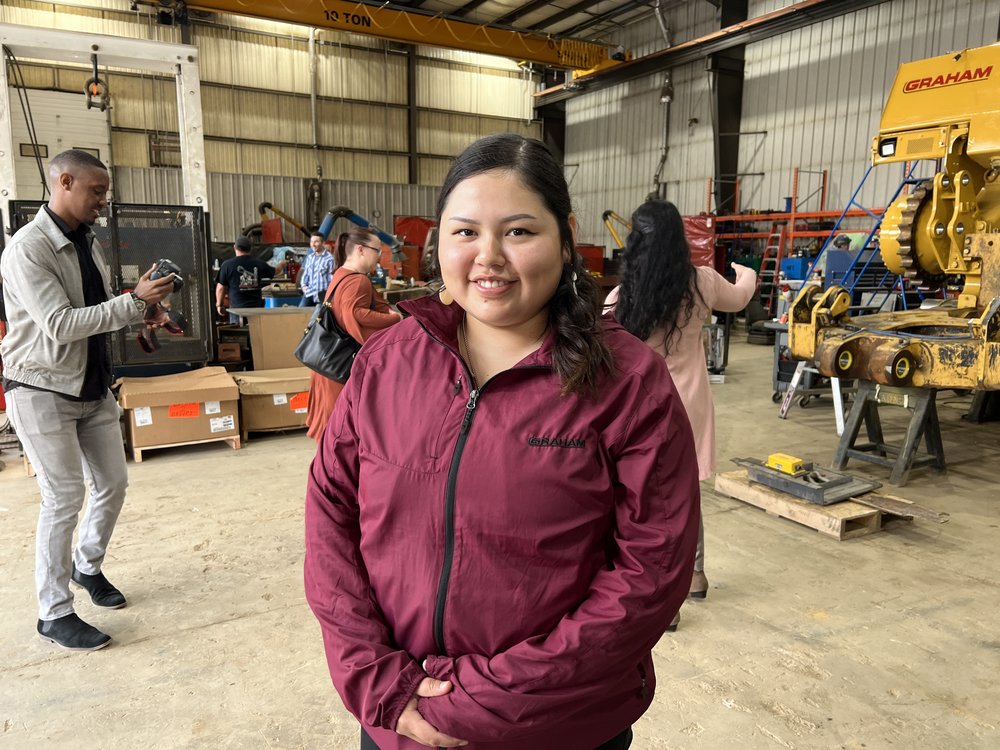
Phoenix Bull, Trade Pathways Program
This summer, the Alberta government announced $3.2 million for the Trade Pathways program, which trains and mentors unemployed people in the construction industry. Funding covers wage support as well as training, equipment and transportation costs.
The province partnered with EndPovertyEdmonton, the Alberta Construction Association and the Edmonton Mennonite Centre for Newcomers for the 33-month pilot project. Through the program, Bull works at a water treatment plant but has developed interest in carpentry. The experience is giving Bull a look at the variety the trades can offer to diverse applicants like herself.
“I'm just kind of learning bit by bit what they do, and if I'm interested in that trade, I can switch to that trade if I wanted to,” she said. “I wanted to start building furniture and maybe make a little business out of it and do my art … I want my skills to be used in other parts of my life than just my job.”
Understanding barriers in the workforce
Brooks Hanewich, Director of Inclusive Economy, at EndPovertyEdmonton, said the program will help us understand the barriers people in the workforce face.
“If industry or community organizations try to do this alone, they'll be less successful. It really takes a meeting of the minds to talk this through and by including somebody like Phoenix, who can also say, ‘This isn't working for me or it is,' then we can use that experience and change or duplicate it elsewhere. That's the real difference in a program like this. It's not only about moving people into a good-paying job but also a lasting career,” Hanewich said. “So often if you're living in poverty, the jobs you have, you may not see a future in them,” he said. “Something like this, I think, gives someone a really strong career path, and as you saw with Phoenix, there's a huge opportunity not only to make a better wage, but also challenge yourself and grow.”
Instead of sitting in an entry-level job, apprenticeship opportunities offer futures to people who have faced employment barriers, Hanewich said.
“I think this program really makes a commitment to say, we're going to spend time, energy, training on that apprenticeship piece, which makes a commitment to the person and they can see a pathway forward, and have confidence to be successful,” he said.
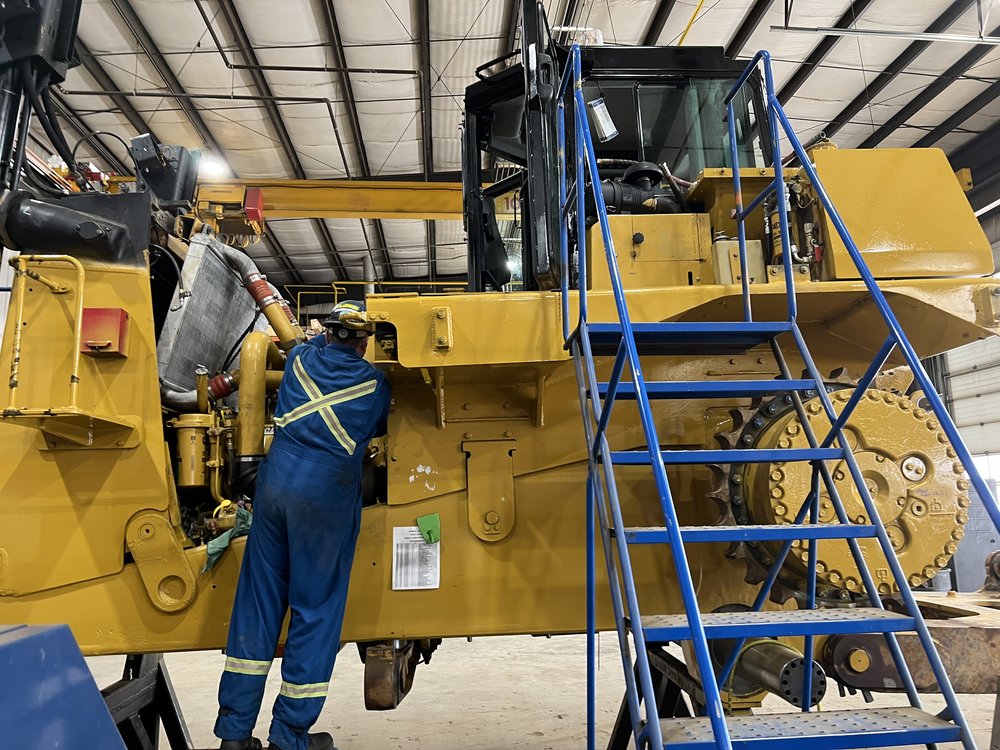
Making money and setting goals
This training has been a great boost to Bull.
“It's made a lot of difference with my bills,” she said with a laugh. “I have a lot more I can look forward to and save up, and I have goals I've set now. Every day, I enjoy going to work because I work with great people, a good crew, and they don't make me feel unwelcomed,” she said.
Laurie Hauer, director of programs and services of the Edmonton Mennonite Centre for Newcomers, spoke of the barriers newcomers may face trying to enter the trades, including the cost, language and limited opportunities.
“I think a diverse workforce reflects our community first and foremost, and that's a really important piece to it. The reality is we can't function the way we are, or even the way we did 20, 30, or 40 years ago,” she said. “There has to be systematic changes and paradigms that have to shift, and the only way to do that is to create programming like this where we can integrate and successfully help people understand and become more inter-culturally competent.”
The biggest misconception is that there is a lack of interest in the trades, specifically for newcomers. And that's not true, Hauer says.
“What's challenged people to enter into the trades is the systems that were set up, and they're set up to barrier people, as opposed to support them in success,” she said. “So this program is challenging those barriers and helping to almost step over some of them or at least give support to maneuver through existing systems so that they can be more successful.”
Bull noted she does not see many Indigenous women in the trades.
“I really wanted to, I guess in a way, become the change and inspire more Native women and other women of colour and all different backgrounds to join this kind of workforce,” she said.
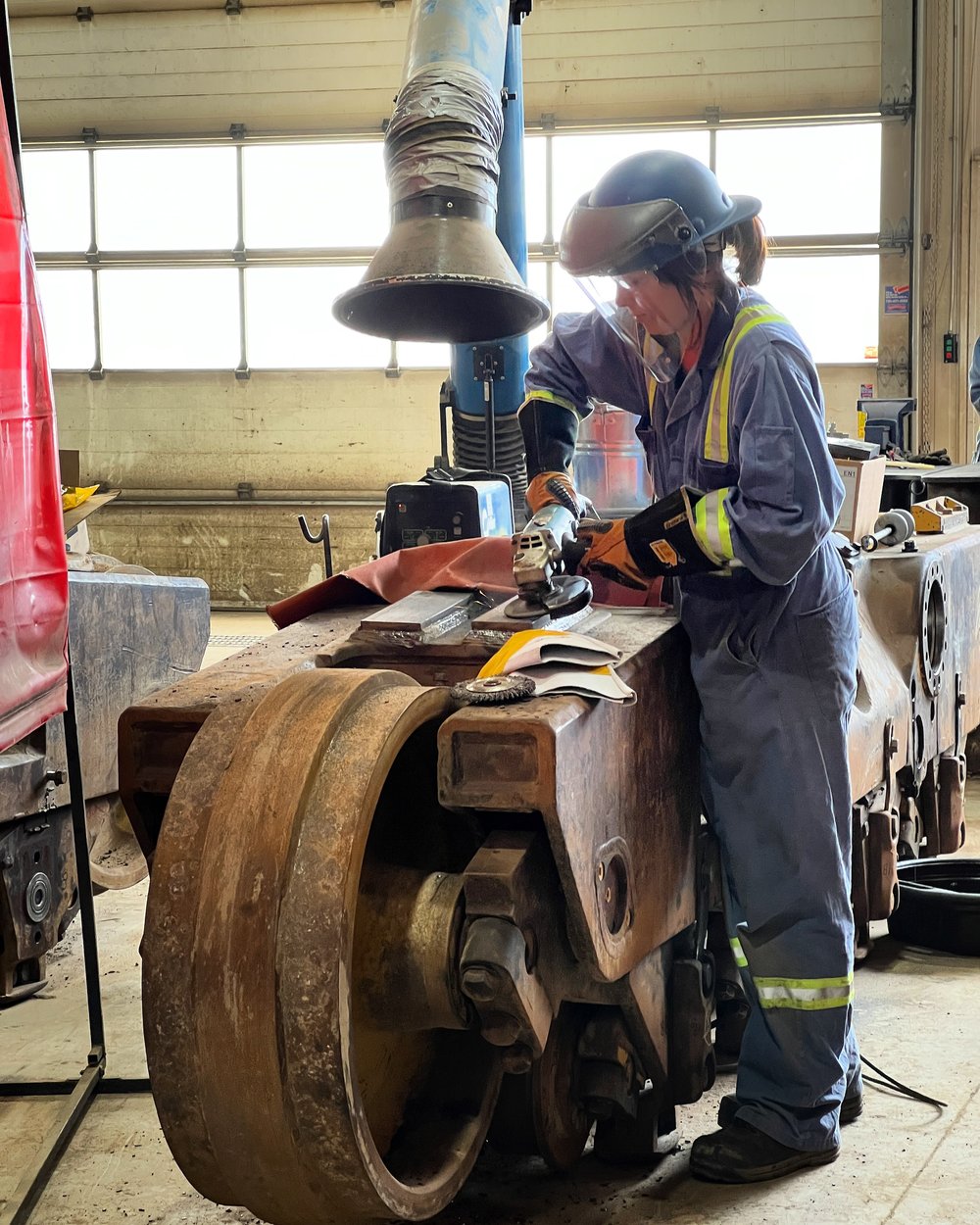
Collaboration, connectivity and diversity
The apprenticeship program provides collaboration, connectivity and diversity while removing the silos between the players. Inclusive economies are all about a systems approach, Hanewich said.
“We need to take examples like this and scale them up broadly,” he said.
Doug Wheeler, the shop foreman of Graham Construction who did his apprenticeship after a career switch at age 45, said his shop has been lucky with its apprentices.
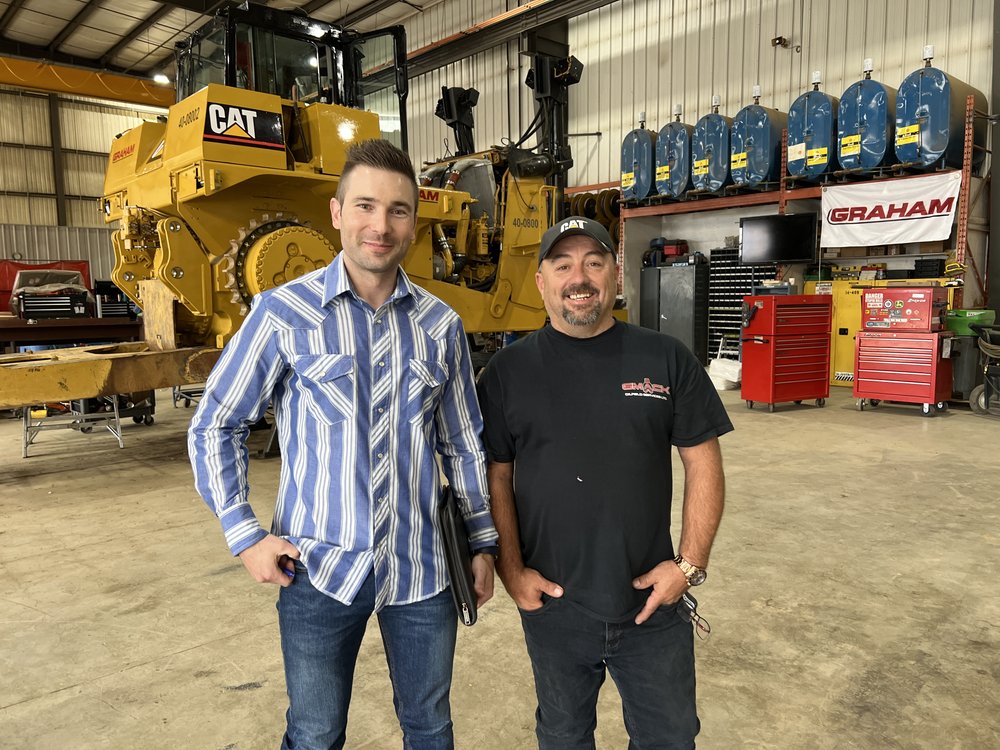
“Everyone that started here is still here, and you see them grow up. They're so nervous and didn't know much when they arrived, and then they start getting the tools, they start working on the heavy gear and they're amazed,” he said. “They transform from young mechanics, and you just see them getting better every day.”
